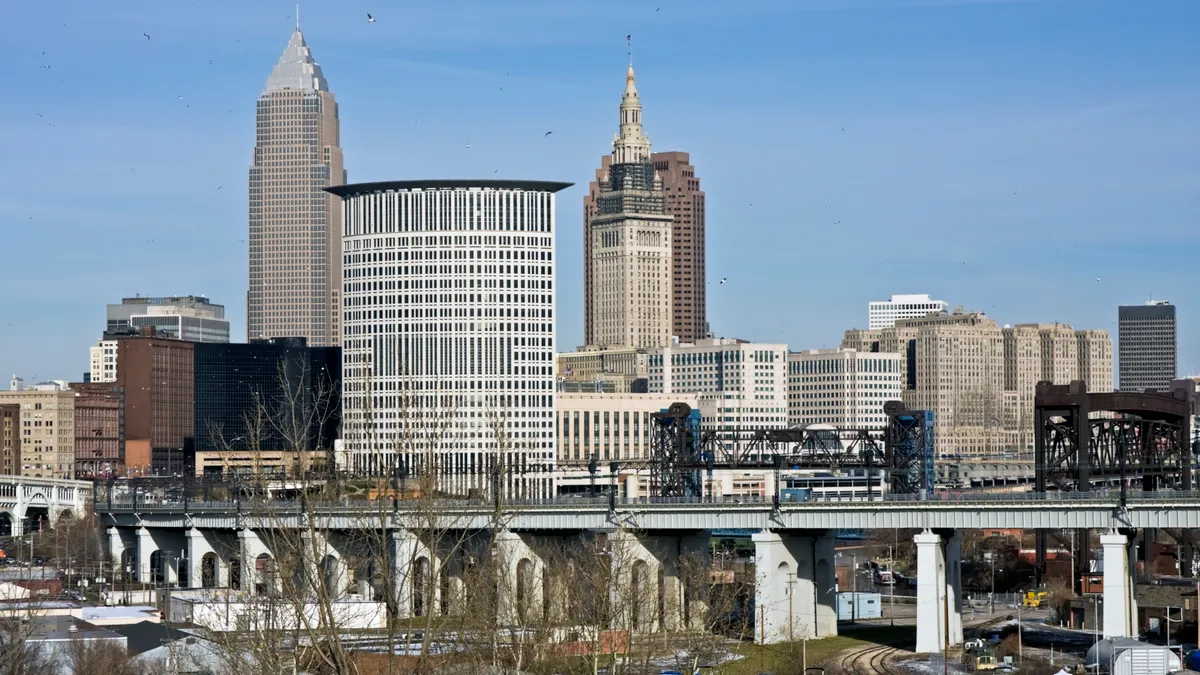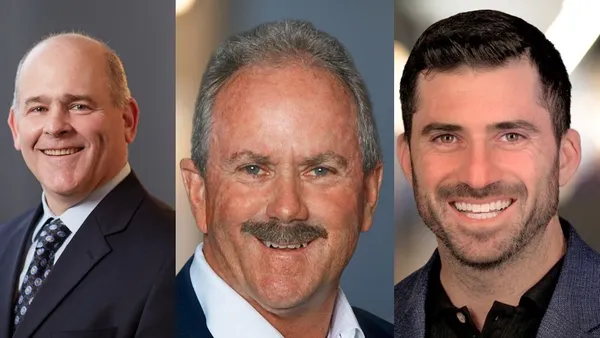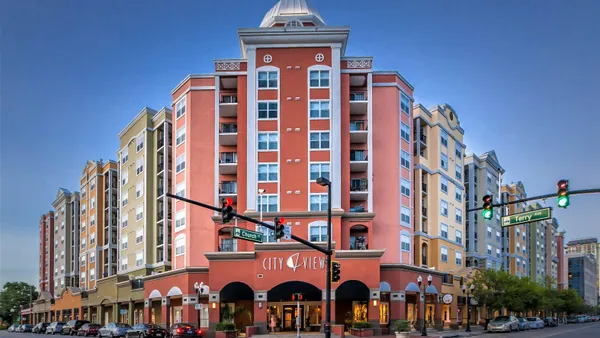Cleveland city councilmember Kris Harsh and council president Blaine Griffin submitted an emergency ordinance to fund a tenant aid and organization program, earmarked for up to $1 million, at the council’s most recent meeting on Nov. 4.
If approved, the ordinance would establish a grant agreement with the United Way of Greater Cleveland to operate a tenant resource and outreach program on the city’s behalf.
The program would be funded for three years. It would replace the previous Cleveland Tenants Association, which was defunded in 2018 after 40 years in operation, according to Signal Cleveland.
United Way would also be authorized to contract with a number of local tenant aid organizations to provide services for the program, including tenant education, emergency housing assistance, legal and mediation assistance and organizing to address issues with landlords, according to the ordinance. These include the Legal Aid Society of Cleveland, Cleveland State University and the Morelands Group, a tenant organization for the city’s Shaker Square neighborhood.
The timetable for approval is not yet known. If passed by a two-thirds vote, the ordinance would be effective 10 days after passage or immediately upon the mayor’s signature, according to the council record.
Out of state
The framework for the tenant aid program is built on the response to a landlord-tenant case in 2023, in which the city of Cleveland sued the New York City-based owner of a pair of apartment properties on Shaker Boulevard for failing to resolve over 100 violations of city housing code, according to Signal Cleveland.
Cleveland has seen a surge of out-of-state investors buying homes and multifamily properties over the last several years, according to Signal Cleveland. In 2021 alone, 54% of home sales on the city’s East Side were to buyers who were not owner-occupants, according to data presented to the city council by Frank Ford, senior policy advisor at the Fair Housing Center for Rights and Research in Cleveland.
Among the city’s concerns is properties left in disrepair by out-of-state owners. In February, Cleveland overhauled its housing laws with the purpose of regulating landlords from out of state, based on a proposal by Cleveland Mayor Justin Bibb. The new requirements effective this year include:
- Any out-of-state landlord must designate a local agent who is legally responsible for the property’s condition.
- All non-owner-occupied units must be registered with the city, which requires HVAC certification, Lead Safe certification and current property tax payments.
- The city will inspect any recently sold vacant buildings within a year of sale. The buyer of a vacant building is responsible for fixing code violations within six months.
- Inspectors can issue civil fines of $200 per infraction for property issues such as pests and garbage.
“From day one, my administration has pledged to crack down on landlords that are taking advantage of our residents and to bring better enforcement and more resources to revitalize our neighborhoods,” Bibb said in a news release announcing the effort. “These ordinance changes are the critical tools we need to do just that.”











